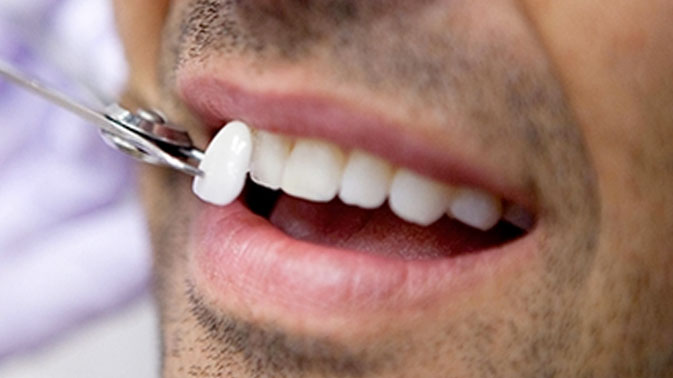The Pros and Cons of Veneers: What You Need to Consider
Introduction
Veneers are a popular cosmetic dentistry treatment designed to enhance the appearance of your smile. They are thin, custom-made shells of tooth-colored materials, usually porcelain or composite resin, that are bonded to the front surfaces of teeth. Veneers can improve the appearance of teeth that are discolored, chipped, misaligned, or unevenly spaced. However, there are advantages and disadvantages to weigh as with any dental procedure. This article will outline the advantages and disadvantages of veneers as they have been explained to us by Dr. Sahil Patel from the widely appreciated Marylebone Smile Clinic based in Harley Street, London, to help you decide if they’re the right choice for your dental needs.
Pros of Veneers
Aesthetic Appeal: Veneers are a popular choice for individuals seeking to improve their smile due to their ability to correct various cosmetic issues. Stains from food, drinks, or tobacco, chips from accidents or biting hard objects, gaps between teeth, and misalignments due to irregular tooth growth can all be addressed with veneers. These custom-made shells can provide a more uniform and attractive appearance, boosting one’s confidence and self-esteem.
Durability: A key advantage of veneers is their durability, particularly when made from porcelain. With proper care, such as maintaining good oral hygiene and regular dental check-ups, porcelain veneers can last between 10-15 years. Composite resin veneers, while not as durable, can still provide a long-lasting solution with a lifespan of 5-7 years before requiring replacement.
Customization: Veneers offer a high level of customization, as they can be tailored to match the color, shape, and size of your natural teeth. This ensures a seamless and natural-looking result, making it difficult for others to distinguish between your veneers and your real teeth. This customization allows for a personalized smile enhancement, addressing individual concerns and preferences.
Stain Resistance: One significant benefit of veneers is their stain resistance. Porcelain veneers, in particular, are highly resistant to staining, making them an excellent choice for individuals prone to tooth discoloration due to factors such as consuming stain-causing food and beverages or using tobacco products. Composite resin veneers, although not as stain-resistant as porcelain, still provide better stain resistance than natural teeth, helping to maintain a brighter and more consistent smile.
Minimal Tooth Reduction: Veneers are a more conservative option compared to dental crowns when it comes to tooth reduction. Veneers only require the removal of a minimal amount of tooth enamel, typically around 0.5 millimeters or less, which preserves more of your natural tooth structure. This less invasive approach reduces the risk of complications and discomfort while still providing an effective solution for cosmetic dental concerns.
Cons of Veneers
Irreversible Procedure: The process of placing veneers requires the removal of a small amount of tooth enamel, which is irreversible. Once the enamel is removed, it cannot be replaced, making the commitment to veneers a permanent one.
Cost: Veneers can be expensive, with porcelain veneers typically costing more than composite resin veneers. Prices may vary depending on factors such as the material used, the complexity of the case, and your location. Additionally, dental insurance often does not cover the cost of veneers, as they are considered a cosmetic treatment.
Potential Sensitivity: Some patients may experience increased tooth sensitivity after veneer placement, particularly to hot and cold temperatures. This is usually temporary but can be an inconvenience for some individuals.
Damage and Replacement: Veneers, like natural teeth, can chip or crack under excessive pressure or with time. In these cases, they will need to be repaired or replaced. Additionally, as the veneer’s lifespan is not indefinite, replacement will be necessary at some point.
Limited Application: Veneers may not be suitable for individuals with certain dental conditions, such as severe tooth decay or gum disease. They also may not be an ideal solution for those who grind or clench their teeth, as this can cause damage to the veneers.
Conclusion
Veneers can provide a significant improvement in the appearance of your smile, correcting a variety of cosmetic issues with durable and natural-looking results. However, the cost, permanence of the procedure, and potential limitations should be carefully considered. To determine if veneers are the right option for you, consult with a cosmetic dentist who can evaluate your individual dental needs and discuss the best course of action.

